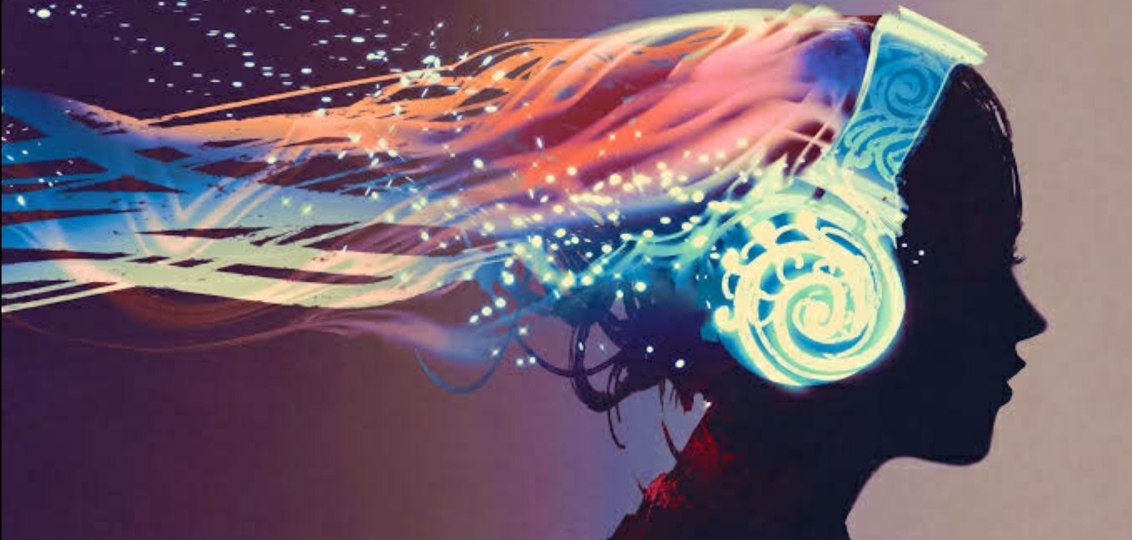

There’s absolutely no one who doesn’t love or like to listen to music. From the softest hearted person to the cruelest person, everyone loves music. There’s definitely something in music that makes us go all gaga over it. Yes, everyone’s taste in music is different which isn’t an issue as long as you love music.
If you have ever observed yourself, we often choose music according to our mood. If we are happy we choose to listen to some high beats and if we need peace we listen to some romantic song. That’s because music has the power to regulate your mood and it does affect your emotions.
Why does music affect our emotions?
A study has shown that individuals who listened to music that could be classified as happy and upbeat were able to improve their mood and overall happiness in just a few weeks. Music has this amazing property of calming down your anxious mind and reduce the stress. Music can definitely control how you feel. If you are happy and start listening to a sad song you’ll immediately start feeling low. On the other hand, listening to happy music can change your emotions accordingly. Probably, this is because music is the only way we connect to ourselves, the only way we address our feelings and only time we think about ourselves.
How does music affect Mood, emotions and relationship?
· Musical pleasure
Evidence shows that an aesthetic stimulus, such as music, can naturally target the dopamine systems of the brain that are typically involved in highly reinforcing and addictive behaviours such as food, sex or drugs. Music gives you similar pleasure to these three.
· Memories
The late physician Oliver Sacks has noted, musical emotions and musical memory can survive long after other forms of memory have disappeared. Music is said to evoke emotions that are only in the memories. We often remember our long-forgotten people when we listen to a particular song.
· Refined emotions
Research shows that people who consistently respond emotionally to aesthetic musical stimuli possess stronger white matter connectivity between their auditory cortex and the areas associated with emotional processing, which means the two areas communicate more efficiently. Therefore, music affects the emotions of a human and the emotions change according to the type of music. We often mirror our emotions to the music we listen to. We often experience sadness from sad music and happiness from cheerful music.
· Mood regulation
Many of us use music to achieve various goals, such as to energize, maintain focus on a task, and reduce boredom. Music can instantly change our mood by changing the environment. That’s why many people prefer listening to music while working on something they don’t love. Music also helps time pass faster and thus becomes more valuable while travelling alone or waiting for someone.
Also Read,
In today's article, we will learn the importance of happiness and how to maintain it…
Today, we will look at three common mistakes couples make in their relationships regarding intimacy…
In this article, we will learn about the simple ways that can help one overcome…
Check out the list of couples' biggest relationship mistakes in this article.
In this article, we will learn about anxiety and how one can handle it in…
In this article, you will understand the horrifying effects of child abuse.